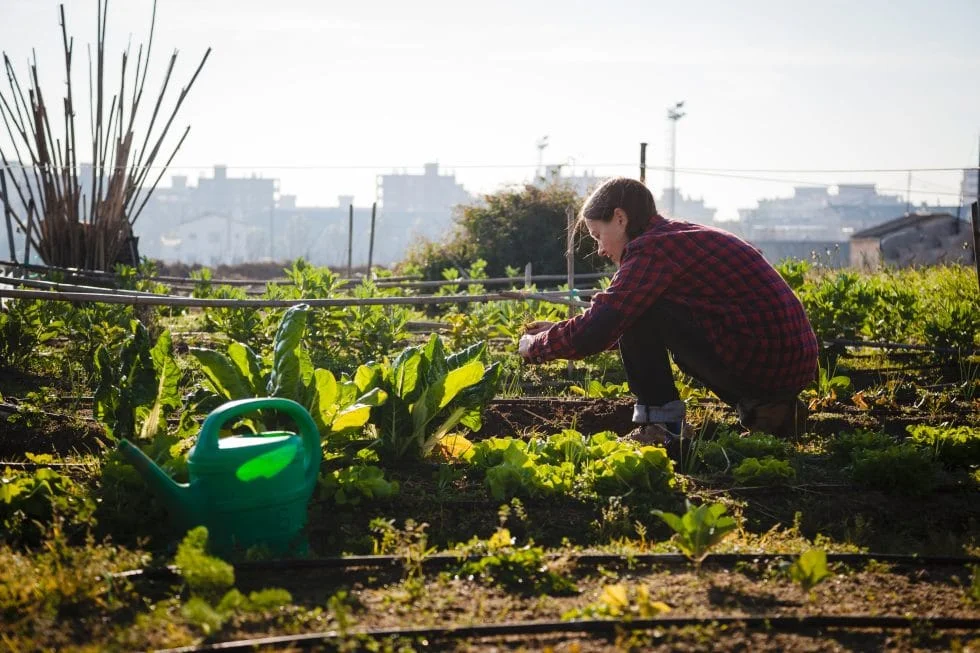03.31.2022
Cultivating A Change of Heart

When you think about your faith (or spiritual life or Christian walk or whatever you tend to call it) are you building a machine or growing a garden?
I ask because words and metaphors are more than ways to identify objects and label ideas. Over time our language shapes us as much as the people we encounter and the events we participate in.
For over 400 years industrial language has taken center stage in the way we think about things. We want to build a well-oiled machine that fires on all cylinders and runs like clockwork as we pull the right levers and search for our next growth engine. There’s nothing inherently wrong with those word pictures, they can be helpful at times but read them again. Mechanized language brings with it thoughts of productivity and efficiency, but they also subtly put us in the place of ultimate power. We engineer solutions. We repair models. We replace systems. It gives us the illusion that we can fix anything and nothing is out of our control.
If that’s the linguistic water we swim in, we can’t help but start to apply that imagery to our faith (or spiritual life or Christian walk or whatever you tend to call it).
The Apostle Paul calls us away from being squeezed into the mold of the world around us and to a process of metamorphosis. He implies this happens quite literally, by us opening our minds, our reasoning, and our understanding up to God’s refreshing power to make us new.
Do not conform to the pattern of this world, but be transformed by the renewing of your mind. Then you will be able to test and approve what God’s will is—his good, pleasing and perfect will. Romans 12:2
As I said above, words and metaphors are more than ways to identify objects and label ideas. They shape us. So I suggest that when it comes to our spiritual formation we shift away from the conforming metaphor of building a machine to the transforming image of growing a garden.
When you grow a garden you cultivate and care for an environment where germination, growth, fruit, and harvest are possible. It is a process of tilling the soil to receive the seed, pulling weeds that might hinder its growth, monitoring progress, and making adjustments. We let the rhythm of light and the darkness, morning dew and dry afternoons, worms and waiting, sun and rain do their work. We have very little control outside of that.
Our heart is more a garden than a machine.
Here are five questions that you can refer to that will shift your mindset and help you tend to your heart:
1. Is there any hard ground in my heart that God needs to till or soften?
2. Am I prepared to hear what He has to say to me through scripture and prayer?
3. Are there any weeds in my life that need to be pulled?
4. Am I paying attention to His voice during dark nights and sunny days?
5. Is there anywhere in my life that I’m trying to force things?
